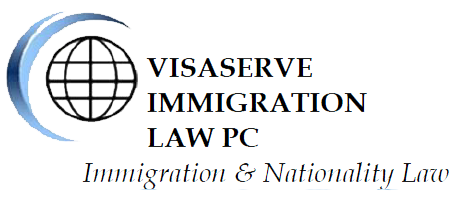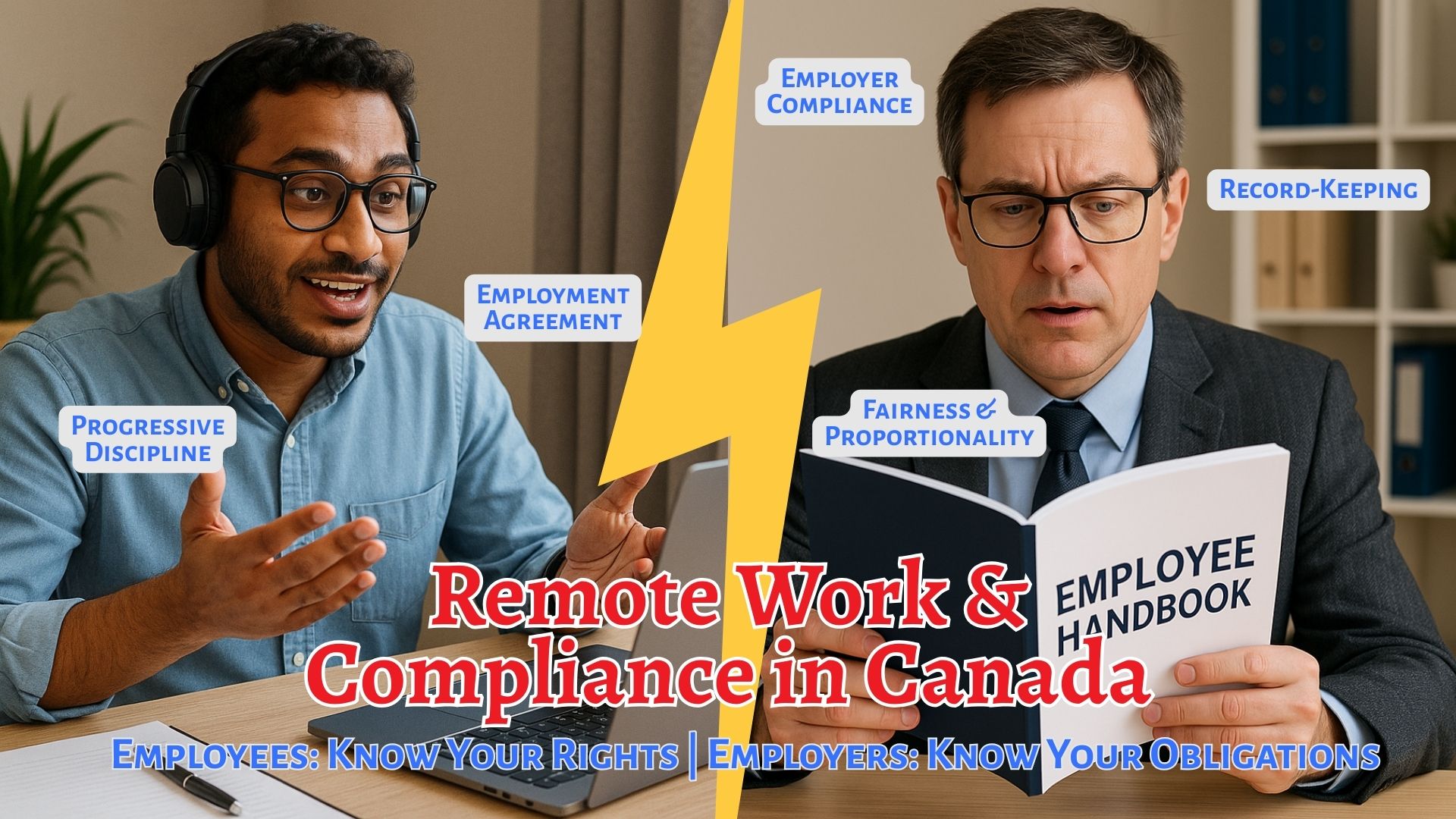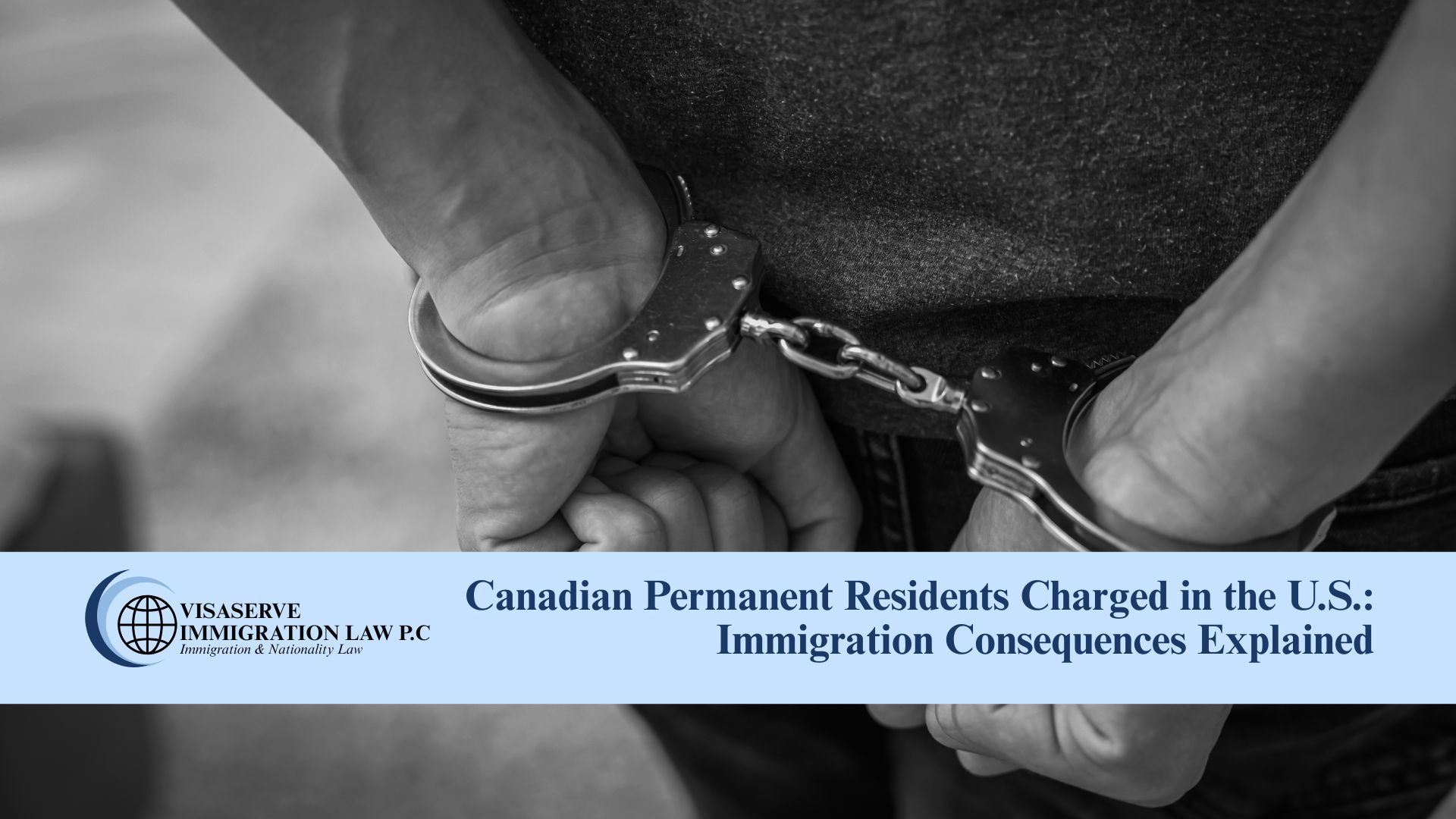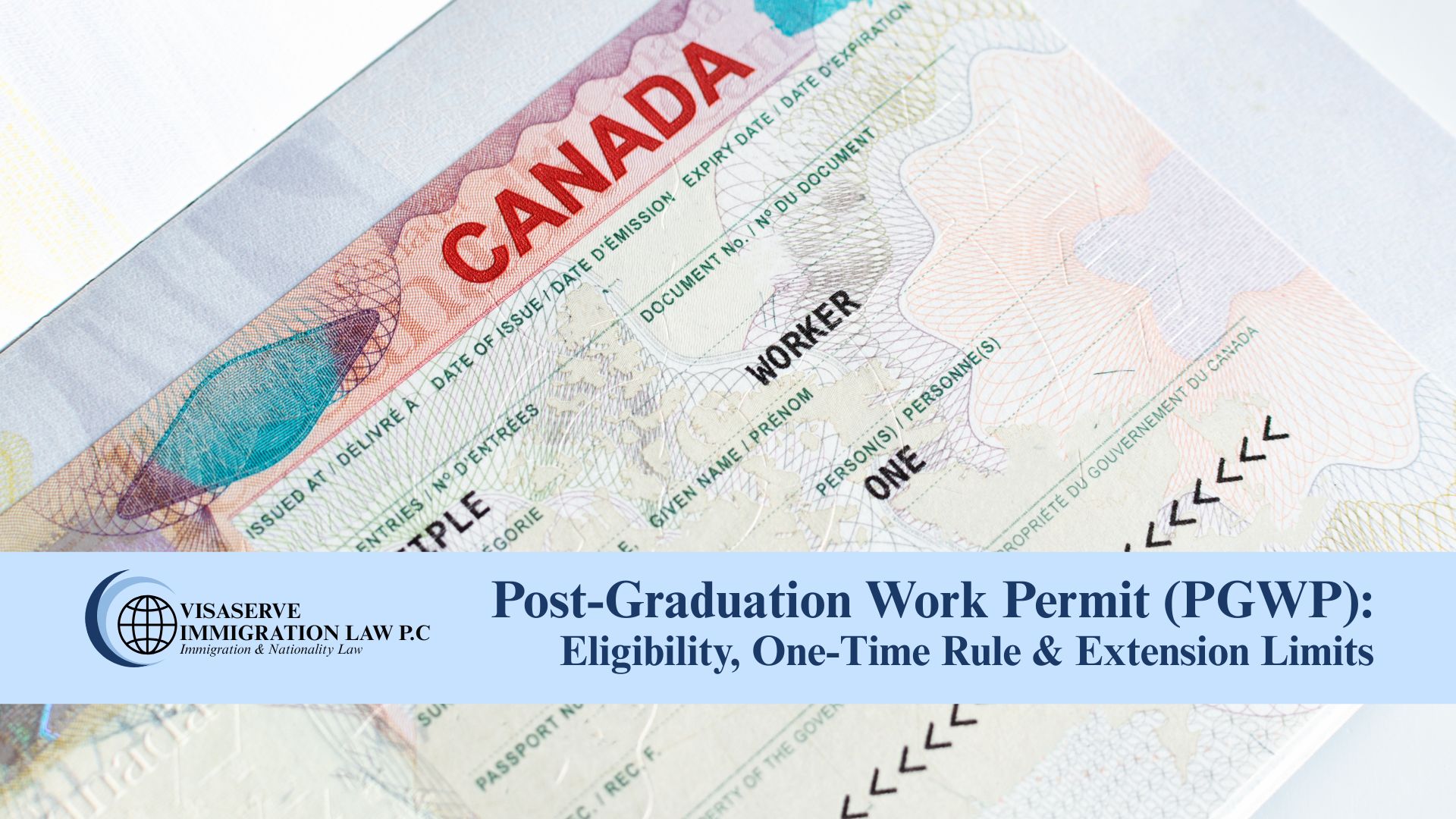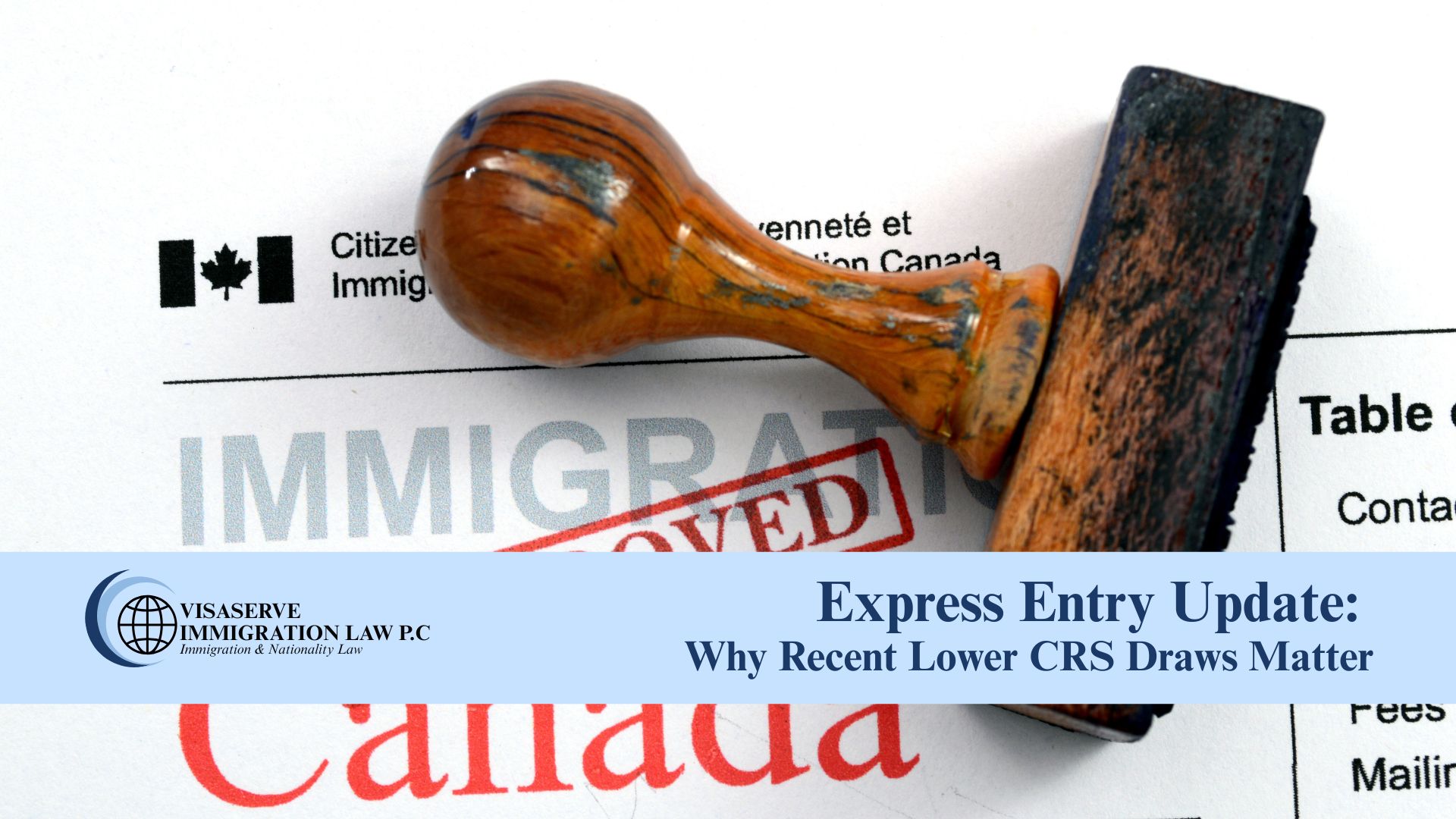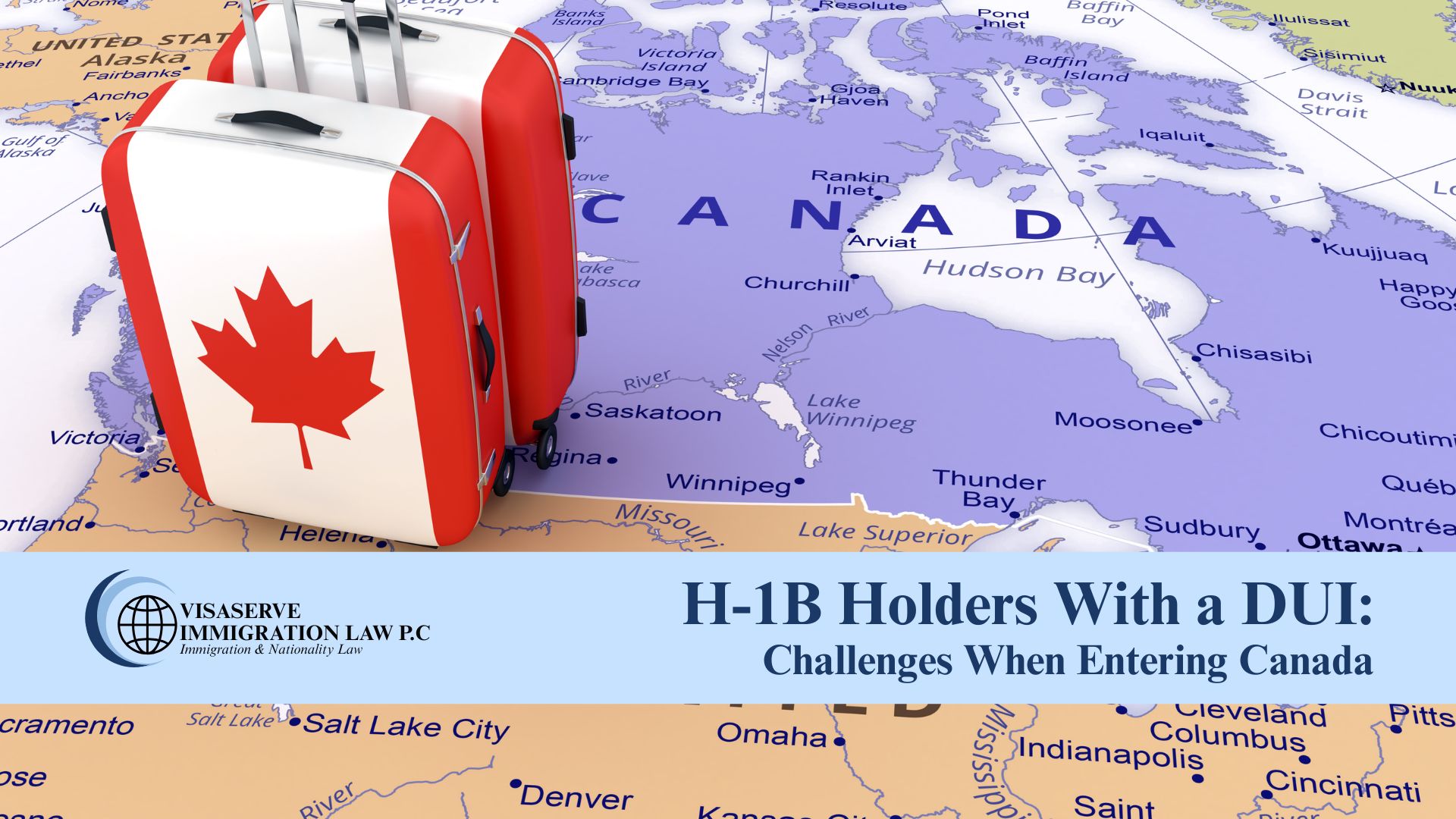In the latest episode of “Law and Order: The Canadian Workplace Edition,” the focus turns to remote work, foreign employees in Canada, and cross-border employment issues, starting with the intricate subject of employee disciplinary actions. Our experts, Leona & Gagan provide valuable insights into navigating this multifaceted topic. This is a blog based on a video series on our Youtube channel.
Watch the episode here:
Understanding Employee Disciplinary Procedures
Leona, an expert in HR practices, highlights that disciplinary procedures in Canada hinge on whether an organization is unionized. The collective agreement typically outlines the process in unionized environments. In non-unionized settings, which dominate the Canadian workforce, the employer must establish a documented policy. This policy should cover progressive disciplinary actions—beginning with a conversation, progressing to written documentation, suspension, and potentially, termination. Importantly, these steps are intended to solve problems rather than punish employees.
The Importance of Employment Agreements
From an immigration and employer compliance standpoint, Gagan stresses the significance of clear employment agreements. These documents should outline the terms and conditions of employment, helping to prevent compliance issues that can lead to punitive damages. By ensuring clear communication from the outset, employers can mitigate potential conflicts.
Employer Obligations in Disciplinary Actions
When addressing employee discipline, employers must ensure initial expectations are clear and documented. Leona advises asking critical questions, such as whether employees have the tools and training needed to meet job expectations. Employers should allow flexibility and uphold fairness, especially when new staff are adjusting. This process involves balancing the Employment Standards Act and human rights considerations.
Record Keeping and Reporting: A Must for Employers
Effective record-keeping is essential in documenting performance issues. Leona advocates for managers to document all discussions with employees and maintain detailed records of any complaints, whether verbal or written. Gagan adds that for employers of foreign workers, compliance with documentation is paramount, as audits can lead to severe consequences, including substantial fines and blacklisting.
Navigating Threats and Compliance
Leona and Gagan engage in a critical discussion about the detrimental practice of threatening to report employees to the Immigration, Refugees and Citizenship Canada (IRCC). This coercive tactic can have serious consequences for employers, including legal exposure and loss of trust. Employers must adhere to compliance guidelines and maintain a fair and ethical workplace.
Conclusion: Knowledge is Power
Employers and employees alike must understand their roles and responsibilities in the employer-employee relationship. Employers should remain informed of provincial and federal laws, while employees should document their concerns and ensure they understand their rights. For any uncertainties, both parties are encouraged to seek guidance from government helplines and professional advisors.
For those interested in more insights at the intersection of immigration and HR policies, follow and subscribe for future deep dives. ( youtube.com/@VisaserveCanada ) Stay informed and protect your rights in the Canadian workplace.
If you have more questions about how compliance should work in your organization or, you are a Canadian corporation who is interested in hiring foreign talent, book an appointment today with Visaserve Immigration Law P.C
